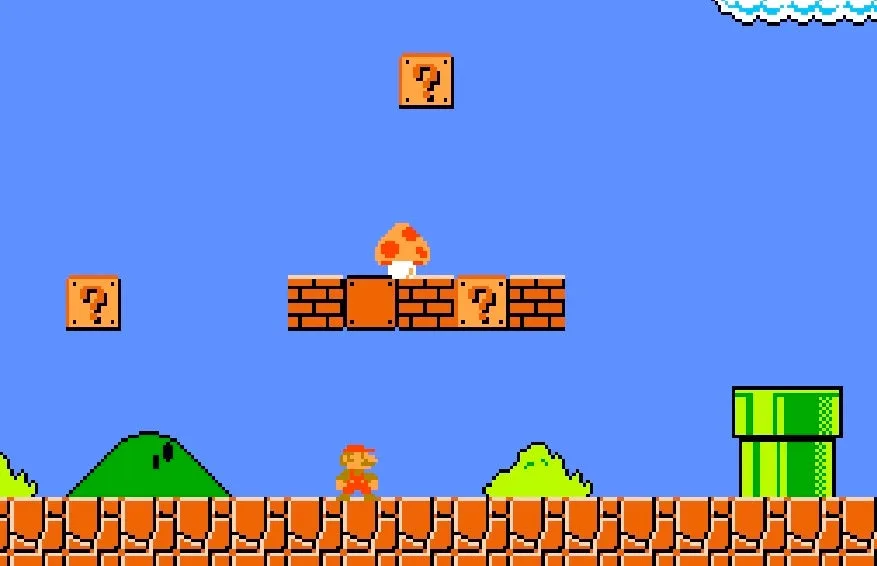
The longer you play Minecraft, the more you realize that early-game tools just won’t cut it. Explo
Traveling long distances in Minecraft can be tiresome (both in real life and the game). Thankfully
Did you know that Minecraft actually lets you play pre-release versions of the game? That�
Sometimes you want to share your Minecraft builds or moments with others, while other times you want
With the Wild Update, game version 1.19, new items and blocks were added to Minecraft and the reco
One of the most versatile blocks in Minecraft to build with is concrete. However, if your entire bui
You’ve done so much to acquire a full set of diamond (or even netherite) armor and tools. You’re
Bricks are a staple block in Minecraft for building. Whether it’s the main feature or an accent bl
While shaders make Minecraft look pleasing, resource packs are an additional way to change a theme o
While you can’t tame frogs, you can breed them, lead them, and put tadpoles into buckets. Frogs cr
Axolotls have quickly become a popular amphibian. Since their addition to Minecraft in the 1.17, Cav
Enchanted Books are items used in Minecraft to improve tools and weapons. These are books that alrea